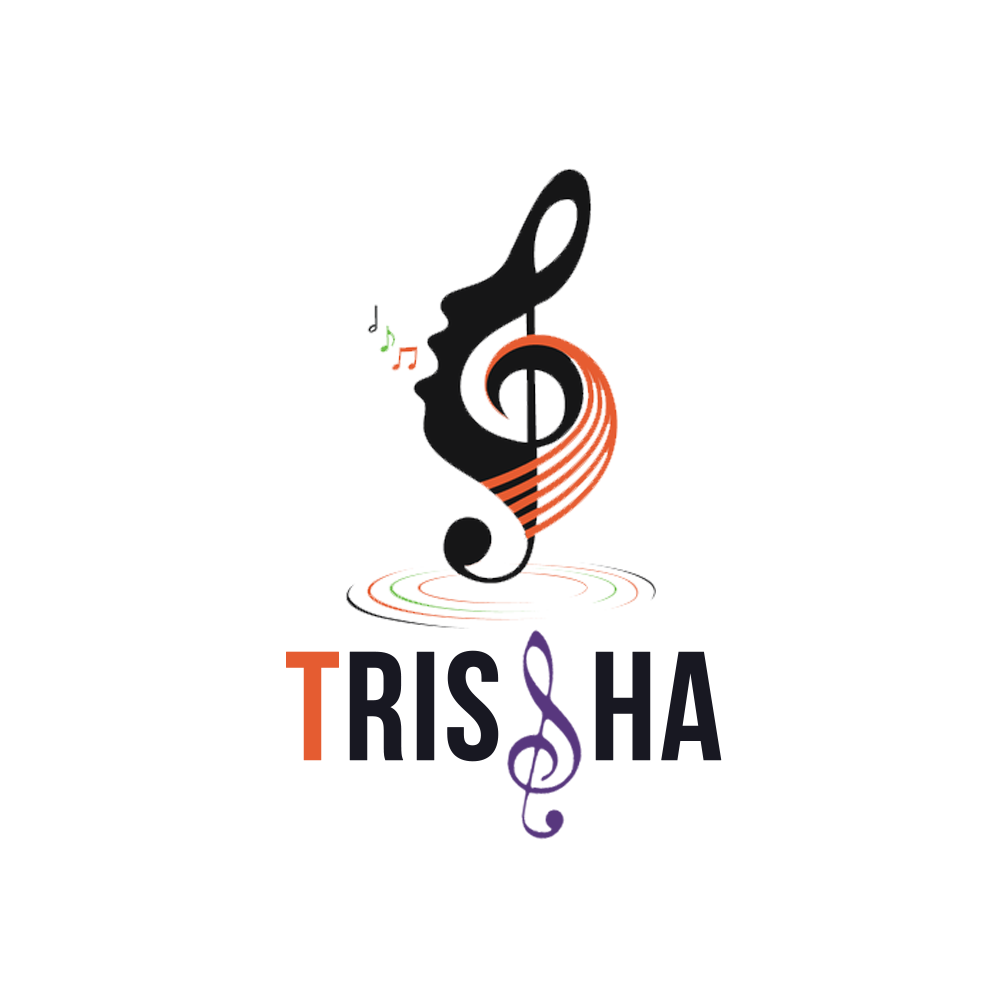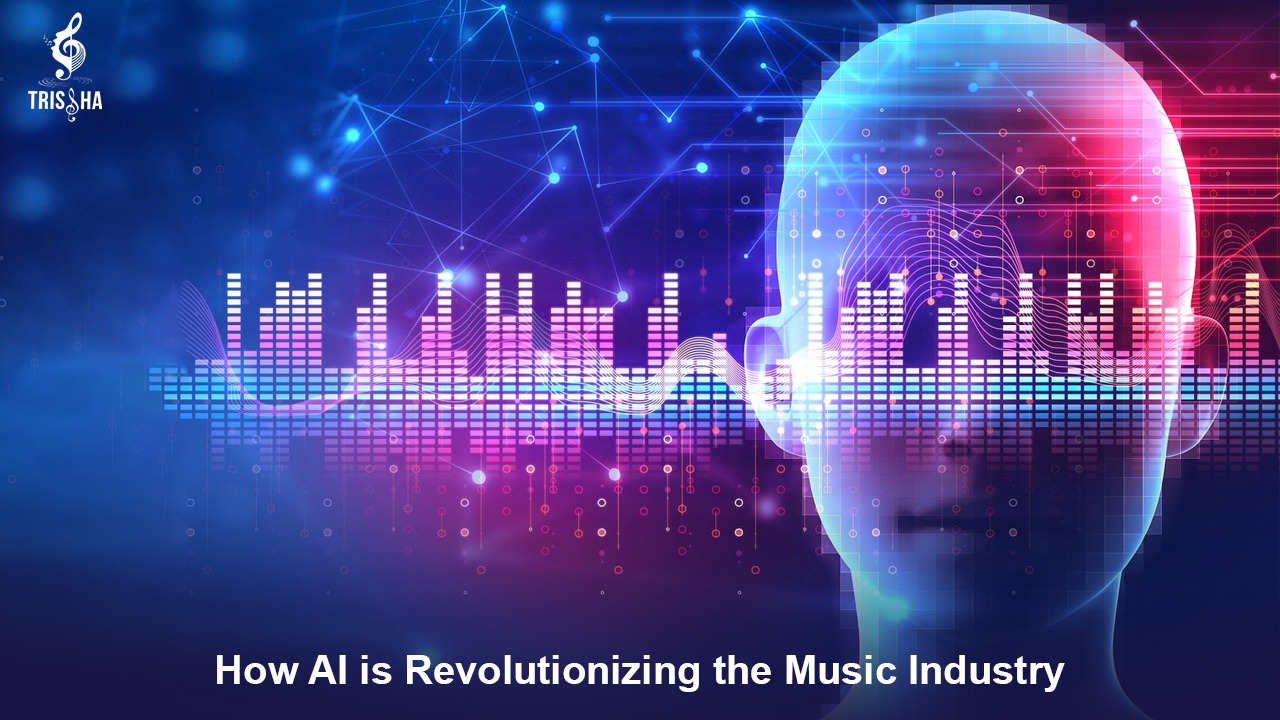How AI is Revolutionizing the Music Industry
Artificial Intelligence (AI) is making waves across various sectors, and the music industry is no exception. From composition and production to marketing and distribution, AI is transforming how music is created, consumed, and monetized. This blog explores the multifaceted impact of AI on the music industry, supported by real-world examples and insights from reputable sources.
AI in Music Composition and Production
AI’s role in music composition is one of the most exciting developments. AI algorithms can analyze vast amounts of musical data to generate new compositions. For instance, OpenAI’s MuseNet can create music in various styles, from classical to jazz, by learning patterns from a large dataset of MIDI files. Similarly, Google’s Magenta project uses machine learning to create original music and assist artists in their creative process.
AI is also enhancing music production. Tools like LANDR use AI to master tracks, providing high-quality audio mastering services at a fraction of the cost of traditional studios. This democratizes access to professional-grade production, allowing independent artists to produce polished tracks without breaking the bank.
Enhancing Music Marketing and Distribution
AI is revolutionizing how music is marketed and distributed. Streaming platforms like Spotify and Apple Music rely heavily on AI algorithms to recommend songs to users based on their listening habits⁴. These recommendation systems analyze user data to create personalized playlists, helping listeners discover new music and keeping them engaged.
AI also aids in targeted marketing. By analyzing social media trends and user interactions, AI can identify potential fans and tailor marketing campaigns to specific demographics. This ensures that promotional efforts are more effective and reach the right audience.
AI in Music Performances and Live Shows
AI is making its mark on live performances as well. Virtual artists and holograms, powered by AI, are becoming increasingly popular. For example, Hatsune Miku, a virtual pop star created by Crypton Future Media, has performed live concerts worldwide, drawing large crowds. AI-driven holograms of deceased artists, like Whitney Houston and Tupac Shakur, have also been used to create memorable live performances.
Moreover, AI can enhance live shows by analyzing audience reactions in real-time. This allows performers to adjust their setlists and stage presence to better engage the crowd. AI-driven lighting and visual effects can also create more immersive and dynamic concert experiences.
Ethical Considerations and Challenges
While AI offers numerous benefits, it also raises ethical concerns. The use of AI in music creation has sparked debates about originality and authorship. Some artists worry that AI-generated music could lead to a loss of human creativity and authenticity. Additionally, the use of AI to replicate artists’ voices and styles without their consent has led to legal and ethical challenges.
The ongoing lawsuits against AI music startups, such as Suno, highlight these concerns. Suno admitted to using copyrighted music to train its AI models, claiming it falls under “fair use”. However, this has sparked debates about the boundaries of fair use and the protection of intellectual property in the age of AI.
The Future of AI in Music
Despite the challenges, the future of AI in music looks promising. AI technologies are continually evolving, offering new possibilities for artists and the industry. AI can help artists experiment with new sounds and styles, pushing the boundaries of creativity. It can also streamline the production process, making it more efficient and cost-effective.
AI’s ability to analyze vast amounts of data can provide valuable insights into audience preferences and trends. This can help artists and labels make informed decisions about their music and marketing strategies. As AI becomes more sophisticated, it will likely play an even more significant role in shaping the future of music.
Conclusion
AI is undeniably transforming the music industry. From composition and production to marketing and live performances, AI is enhancing creativity, efficiency, and audience engagement. While there are ethical considerations to address, the potential benefits of AI in music are immense. As the technology continues to evolve, it will open up new avenues for artists and the industry, allowing them to create more innovative and engaging musical experiences.






There are no comments